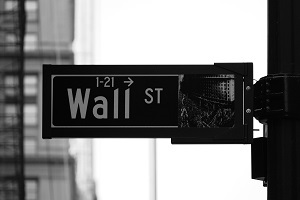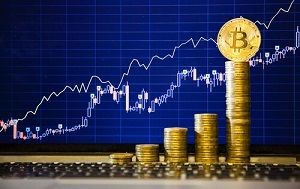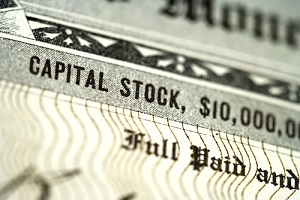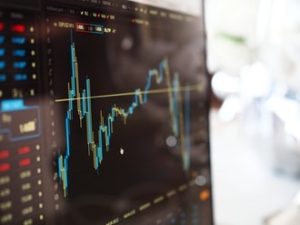Insider trading
The Securities and Exchange Commission (SEC) has made insider trading an enforcement priority, and has often acted on information provided in a whistleblower tip. An individual engages in prohibited insider trading when she trades securities while in possession of nonpublic, material information about the securities.
A classic example is an employee who, knowing through nonpublic information that her company is about to merge with another company, purchases stock in her company before the merger is announced, to take advantage of the increase in value that will occur when the merger becomes public. But illegal insider trading can involve several other scenarios as well.
The government has prosecuted not only corporate insiders, but also their friends, family members, and business associates who traded on information received from the insiders. Likewise, lawyers, accountants, bankers, and similar employees have been prosecuted after making trades based on corporate information gleaned from companies in the course of their employment. Even government employees have been prosecuted after they traded on information learned by virtue of their government employment.
Sections 16(b) and 10(b) of the Securities Exchange Act of 1934, and SEC regulations provide the legal framework for prosecuting insider trading. Remember that not all insider trading is illegal. Insider trading can also involve trades in a company’s securities by a company employee who is not in possession of nonpublic and material information about those securities. In such cases, however, the employee may need to disclose the trade to the government.




